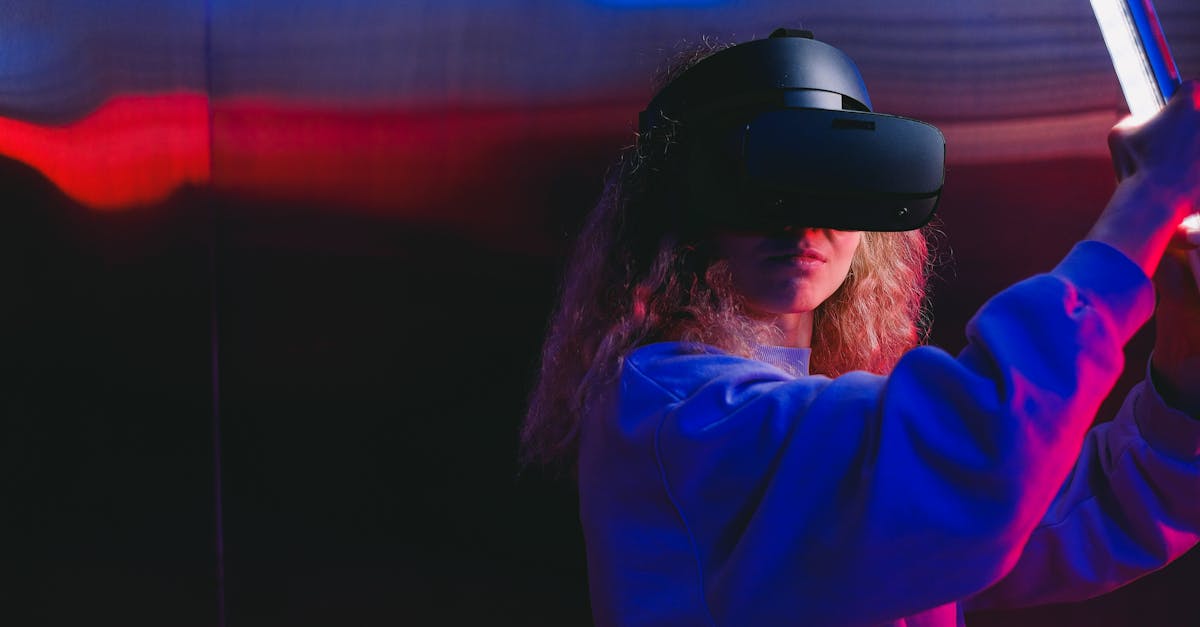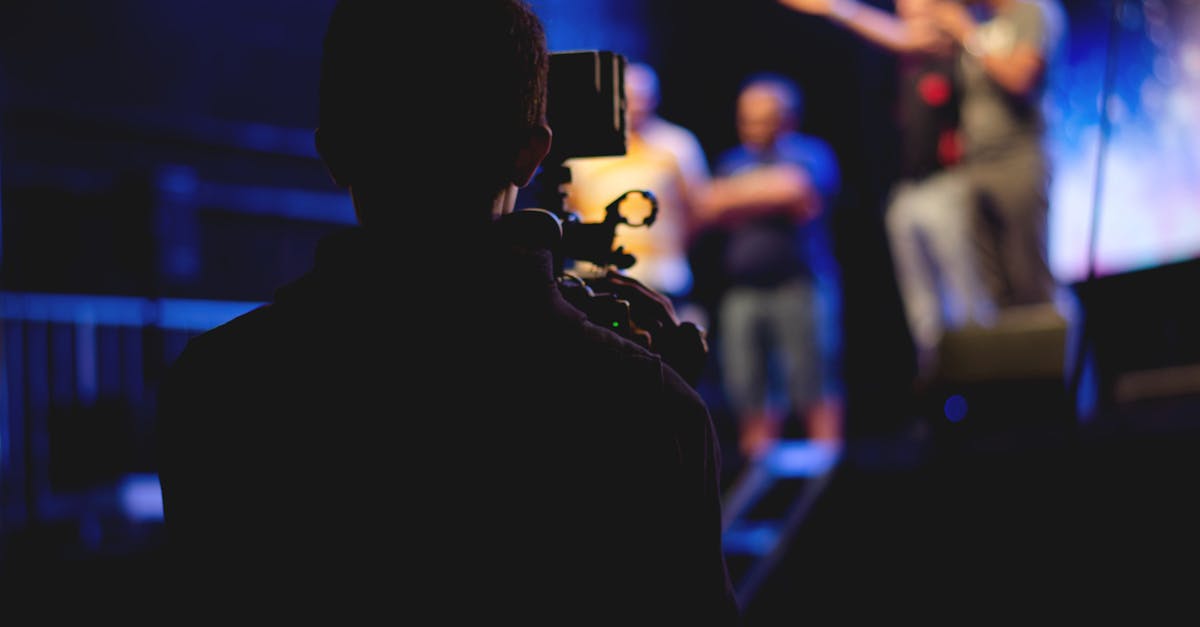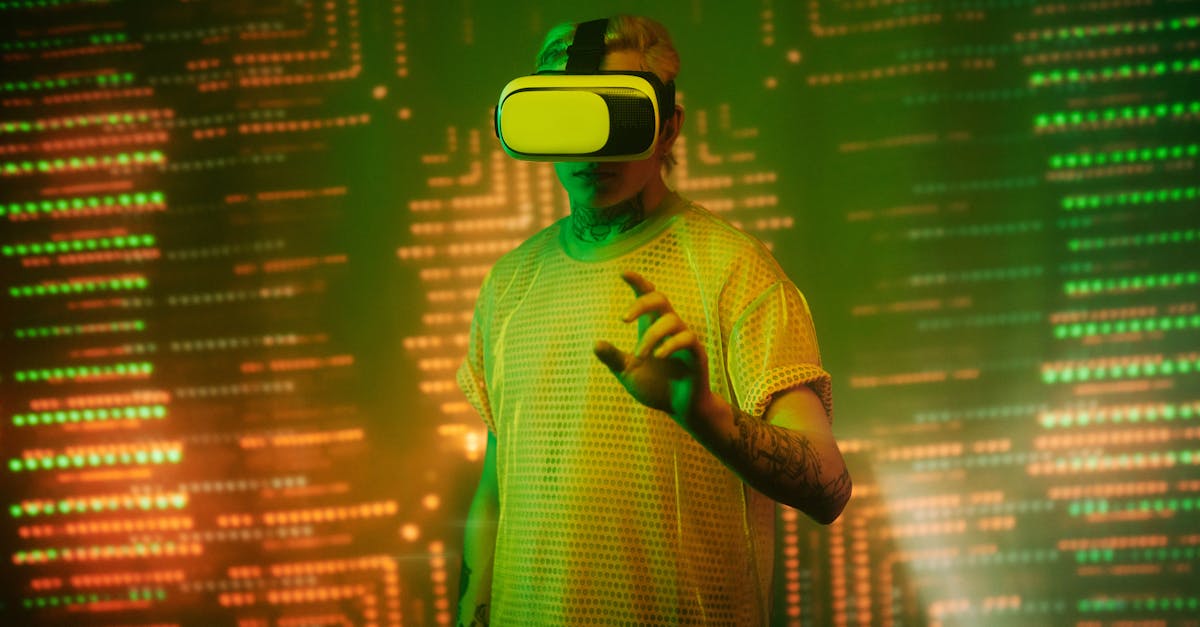Arts and Entertainment in the Future Beyond 2040
Introduction
Looking ahead to the world of arts and entertainment beyond the year 2040, we find ourselves at the cusp of a revolution. Technological advancements, shifting cultural landscapes, and evolving audience preferences are propelling the industry into uncharted territory. Just as the advent of television and the internet transformed media in the 20th century, the coming decades promise to redefine storytelling and artistic expression. With virtual reality, augmented reality, and AI taking center stage, creators are poised to explore immersive narratives like never before. As societies evolve, these innovations may reflect and challenge cultural identities, ethics, and values. The future not only holds the promise of enhanced viewer experiences but raises important questions regarding accessibility, data privacy, and cultural homogenization.
Advertisement
Virtual Reality and Immersive Storytelling
Virtual reality is set to redefine how we consume and engage with stories. Unlike traditional media, VR provides a fully immersive experience where users can virtually 'step inside' the narrative. Future creatives will leverage VR to transport audiences to digital landscapes—from historical recreations to exaggerated fantasy realms. Interactive components enable viewers to influence story outcomes, creating personalized experiences. Major VR advancements will likely focus on eliminating motion sickness and ensuring seamless sensory integration. This evolving medium promises to transform conventional storytelling, painting worlds of infinite possibility directly within our reach.
Advertisement
Augmented Reality and the Real World
Where virtual reality creates entirely new worlds, augmented reality overlays digital elements onto our physical environment, enriching everyday experiences. Beyond 2040, AR could revolutionize live performances and exhibitions by adding dynamic layers of interaction. Imagine attending a concert where holographic performers share the stage, or visiting an art gallery that responds to viewer gestures. AR will combine storytelling with real-time data, offering users localized and contextually relevant narratives. Envision AR tours that adapt in real-time based on a viewer's preferences or mobile guides that interpret street art worldwide. This technology empowers storytellers to intertwine high-tech interactivity and real-world connection seamlessly.
Advertisement
Artificial Intelligence and Generative Art
In future entertainment, AI has the potential to play both supporting and leading roles. On one hand, AI can assist creatives in generating content—crafting music, art, and scripts at a pace previously impossible. On the other, AI promises to yield entirely new art forms through generative algorithms, creating works humans may never conceive alone. Imagine co-creating with a machine that comprehends your artistic intent, yet offers novel inspiration. This collaboration will yield unparalleled diversity and depth in creative works. However, creators and consumers must reconcile issues of authenticity, ownership, and ethical use as AI occupies roles traditionally reserved for human creativity.
Advertisement
Personalized Experiences and Storytelling
The future of entertainment will shift towards hyper-personalized media, tailored individually to audience preferences and data. Streaming platforms, powered by predictive algorithms and AI, might curate entirely unique viewing schedules, balancing new releases with niche content suggestions. Beyond recommendation engines, narrative technology will adapt plots and character arcs in real-time based on individual viewer interactions, choices, and emotions. This customization heralds a niche, personalized art form where stories evolve specifically for each audience member. Yet, this tailored approach raises ethical questions around data privacy, potential echo chambers, and the algorithmic influence on artistic expression.
Advertisement
Redefining Cultural Norms Through Choice
With the rise of technology, cultural landscapes of tomorrow will be significantly different. As creators explore virtual environments and generative technologies, there will be room to concretize new cultural norms and ideologies. Interactive storytelling that invites diverse voices can redefine traditional paradigms, challenging stereotypes and promoting inclusivity. However, this same tech may amplify harmful narratives or concentrate cultural production power. In such a dynamic environment, creators must responsibly navigate the balance between innovation and ethical practice, maintaining cultural integrity while allowing global audiences to participate and contribute.
Advertisement
The Democratization of Art Creation
By 2040 and beyond, the democratization of technological tools will afford previously underrepresented voices and marginalized communities opportunities to create art. As creativity becomes more accessible, those with unique perspectives will find avenues to share their stories and empower diverse audiences. Platforms will support community-driven content, encouraging rich, grassroots collaborations over rigid corporate agendas. However, this democratization mandates supportive structures, focusing on fair compensation for creators and avoiding tech monopolization. By ensuring creative spaces continue to evolve with equity, the industry will foster richer cultural textures and voices.
Advertisement
Challenges and Ethical Considerations
Despite the exhilarating promise of technological advancements, significant challenges lie ahead. Issues surrounding accessibility, digital inclusivity, and tech dependency require meticulous navigation. Moreover, privacy concerns related to data usage, ownership rights in AI-generated works, and the deep impact of algorithm-driven culture shape fundamental ethical discussions. By actively addressing these issues, creators, technologists, and policymakers can collaboratively build a responsible and transparent media landscape. Implementing strong ethical frameworks is crucial to ensure that arts and entertainment industries respect and advance societal values.
Advertisement
The Role of Government and Regulation
Government policies will influence the regulation and ethical implications of technology in entertainment beyond 2040. Legislators and industries must collaborate to establish universal frameworks supporting creative freedoms while safeguarding public interests. Balancing innovation with regulation enforces accountability without stifling experimentation. Ensuring equal access to technologies, fostering digital literacy, and responsibly managing AI’s influence are necessary to address biases and safeguarding intellectual property rights. By cultivating relationships across sectors, governments can support a thriving and innovative cultural industry that benefits global societies.
Advertisement
Summary and Conclusion
As we stand on the threshold of the 2040s and beyond, the transformation of arts and entertainment promises to captivate and challenge audiences with new storytelling dimensions. Embracing technological advancements, from VR to AI-generated art, will redefine how we engage with media. Creators and audiences alike will become active participants in this dynamic landscape, bringing new perspectives to light while encountering challenges around ethics and accessibility. Balancing innovation with responsibility, the future holds great promise for arts and entertainment to both reflect and redefine human experience. The narrative continues, driven by the bright potential and ever-changing tapestry of human artistry.
Advertisement








